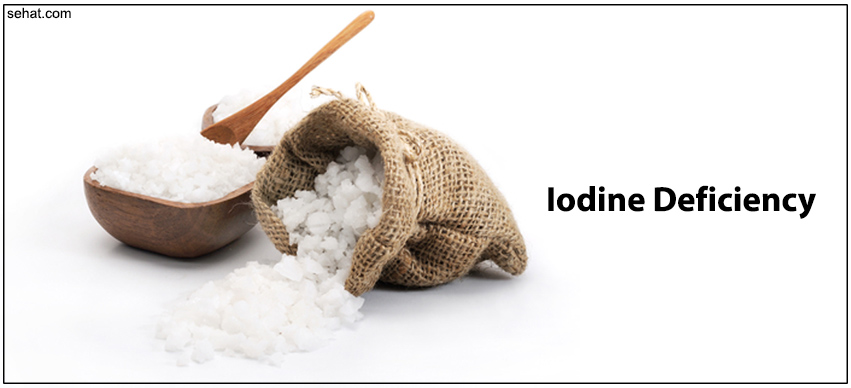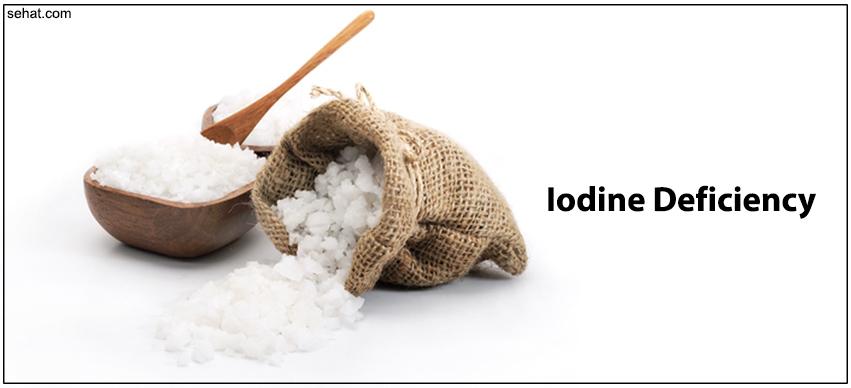Nanoparticle Therapy – An Emerging Cancer Treatment
5 Min Read


An essentially non-metal mineral which is required for the thyroid gland and immunity functionalities in the human body, Iodine should be a part of your diet. It is also found in mammary glands and plays a vital role in the growth of fetus and babies.
Iodine is sourced by humans mostly from their foods and beverages. Seafood contains large amounts of iodine. Kelp is one prudent example. However, you can use iodized salt to cook foods to ensure your body gets required dosage of this mineral. Maintaining right intake of iodine is important as inadequacy and abundance can lead to health complications.
The daily dietary requirement for iodine can vary according to age and gender. Adult humans should intake 150 micrograms of iodine per day. During pregnancy, women require 220 micrograms of the mineral every day. For kids, this limit is 90 – 130 micrograms/day.
Over everything else, Iodine deficiency leads to thyroid gland deformations and related problems in humans. Pregnant women suffering from deficit of this hormone can give birth to dead infants. It can also lead to neonatal mortality. Below listed are prominent effects of iodine deficit in humans.
It is seen in many men and women who suffer from iodine deficiency. Low iodine intake paves way to diminished triiodothyronine and thyroxine production, leading to enhanced TSH secretion. It leads to thyroid gland enlargement. While it can be a cosmetic woe for many, in elderly lot iodine-deficiency goitre can pressurize the oesophagus.
Hypothyroidism can be caused by low iodine intake but is rarely seen nowadays. Hypothyroidism in neonatal period can lead to long term mental retardation and cretinism.
Serious iodine intake deficit leads to neonatal and infant death and this happens mostly in poor rural communities.
Iodine deficiency affect the way kids grow up and acquire intelligence naturally. Both kids and teens exposed to iodine deficit face risk of intellectual disability. Studies show lack of iodine in growing years can cause a boy or girl to lose 13 IQ points or more. Fetal stage iodine deficiency can also lead to this condition.
While iodine deficiency can be tackled in numerous ways, there are some sectors of society and races that are more prone to iodine deficiency than others.
It is seen more in people living in regions far from water bodies like rivers. Similarly, people in arid regions and far away from the sea can suffer from deficits in iodine. Besides, people who are exposed to radiation and suffering from selenium deficiency can also undergo this condition. Excessive alcohol and tobacco intake can enhance the risk. Generally, women become more susceptible to this condition than men.
As it is, using iodized salt in cooking is the best way to cope with iodine deficit. This was the method that helped in eliminating iodine deficiency in the Great Lakes and Canada. However, excessive iodine consumption can lead to hyperthyroidism and so you may need to consult a doctor to know about the permissible amount of iodine per meals. It would be a good idea to increase consumption of seawater fish and vegetable in diet to cope with this deficit. Some people also resort to the health supplements containing iodine.
While you can most certainly indulge in consuming an iodine supplement, the best way to get your daily dosage of iodine is to switch to iodized salt.
You can prevent the dangerous iodine deficiency by including the following in your diet-
A few small life style changes and changes in diet is all that you need to keep deficiency of iodine at bay. Consult your doctor if you are unsure on what you can eat and what will help you get your necessary dose of the important iodine.